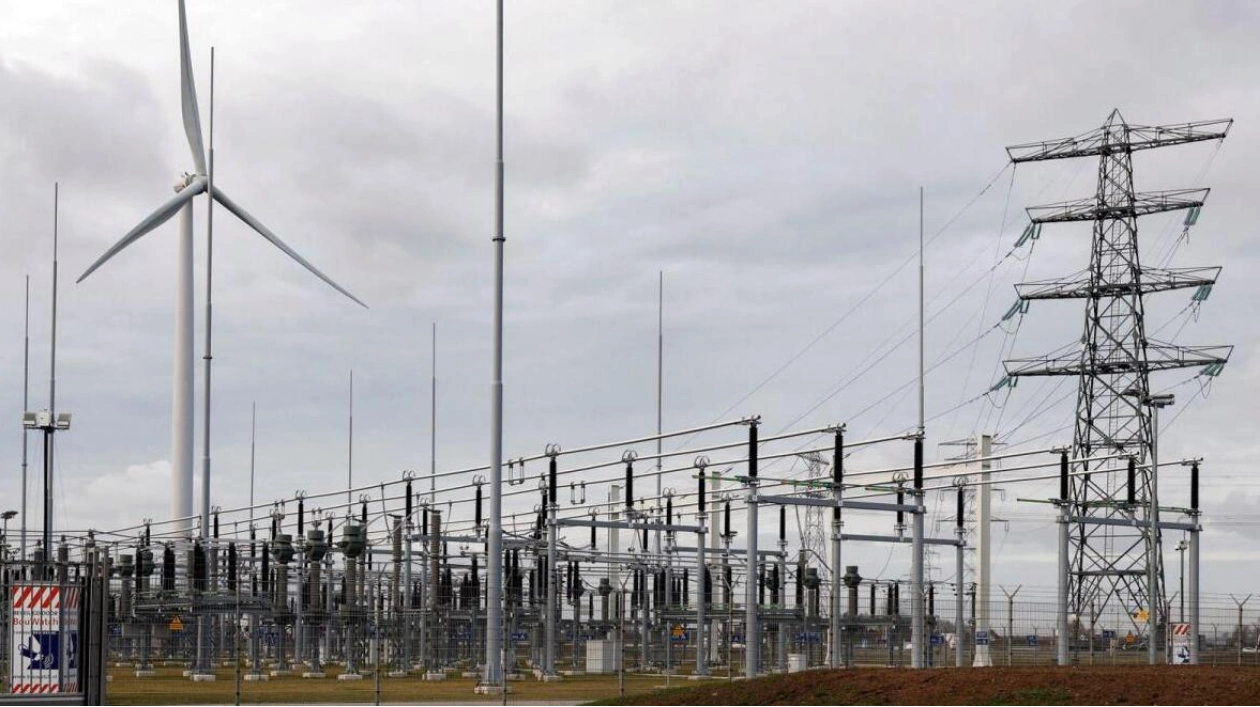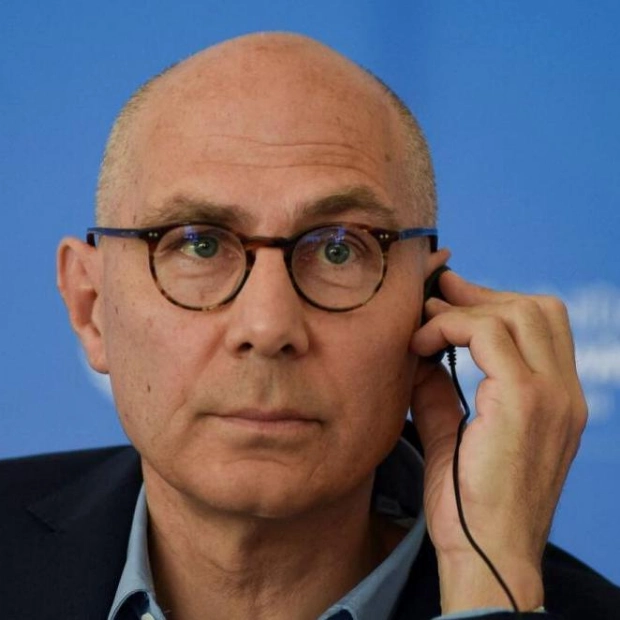A goal to triple global renewable energy capacity by 2030 and cut fossil fuel use is within reach, according to the International Energy Agency (IEA) in a report released on Tuesday. However, achieving this objective will necessitate a significant effort to overcome obstacles such as permitting and grid connections. The report was published as leaders from government and business convene at New York Climate Week to accelerate actions against climate change.
Nearly 200 countries at the COP 28 climate summit in Dubai last year agreed to achieve net zero emissions from the energy sector by 2050 and committed to tripling renewable energy capacity, including wind and solar. The IEA stated that the renewable energy goal "is within reach due to favorable economics, ample manufacturing potential, and robust policies." Nonetheless, the agency emphasized that increasing renewable capacity alone would not significantly reduce fossil fuel use or lower costs for consumers.
"To fully realize the benefits of the tripling goal, countries need to make a concerted push to build and modernize 25 million kilometers of electricity grids by 2030... The world would also require 1,500 gigawatts (GW) of energy storage capacity by 2030," the IEA noted. Additionally, countries at COP 28 pledged to double energy efficiency measures to curb power consumption, but this target demands that governments prioritize efficiency more prominently in their policies.
The IEA highlighted that countries must integrate the renewable and energy efficiency goals into their national plans to meet the objectives set under the Paris climate agreement. Emissions from the global energy sector reached a record high last year. Tripling renewable energy capacity and doubling energy efficiency measures to reduce power use could potentially decrease global greenhouse gas emissions by 10 billion metric tons by the end of the decade compared to current projections, the report indicated.






